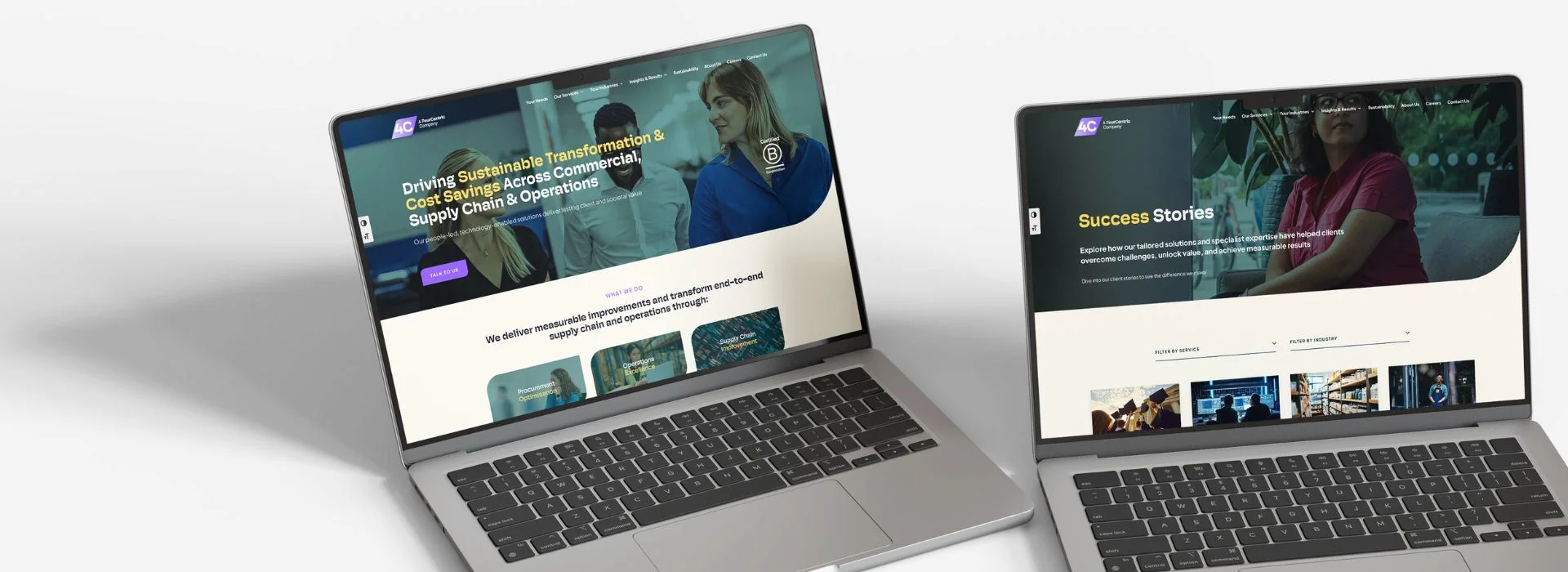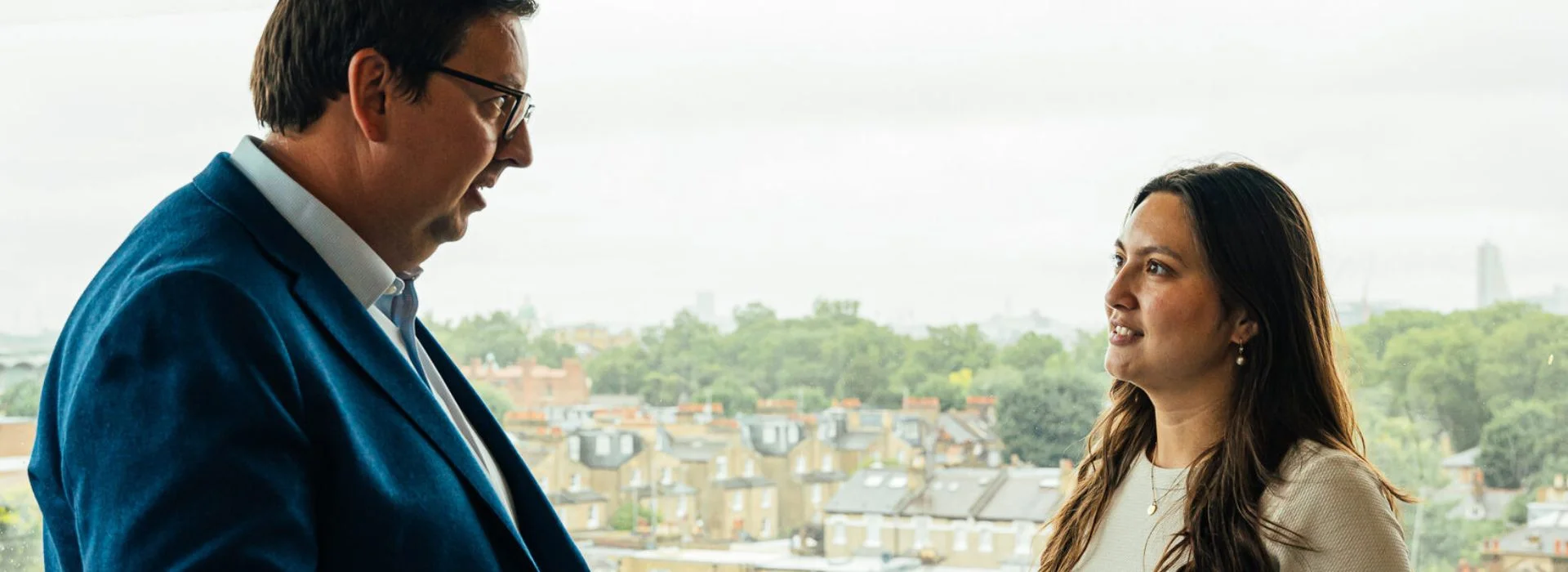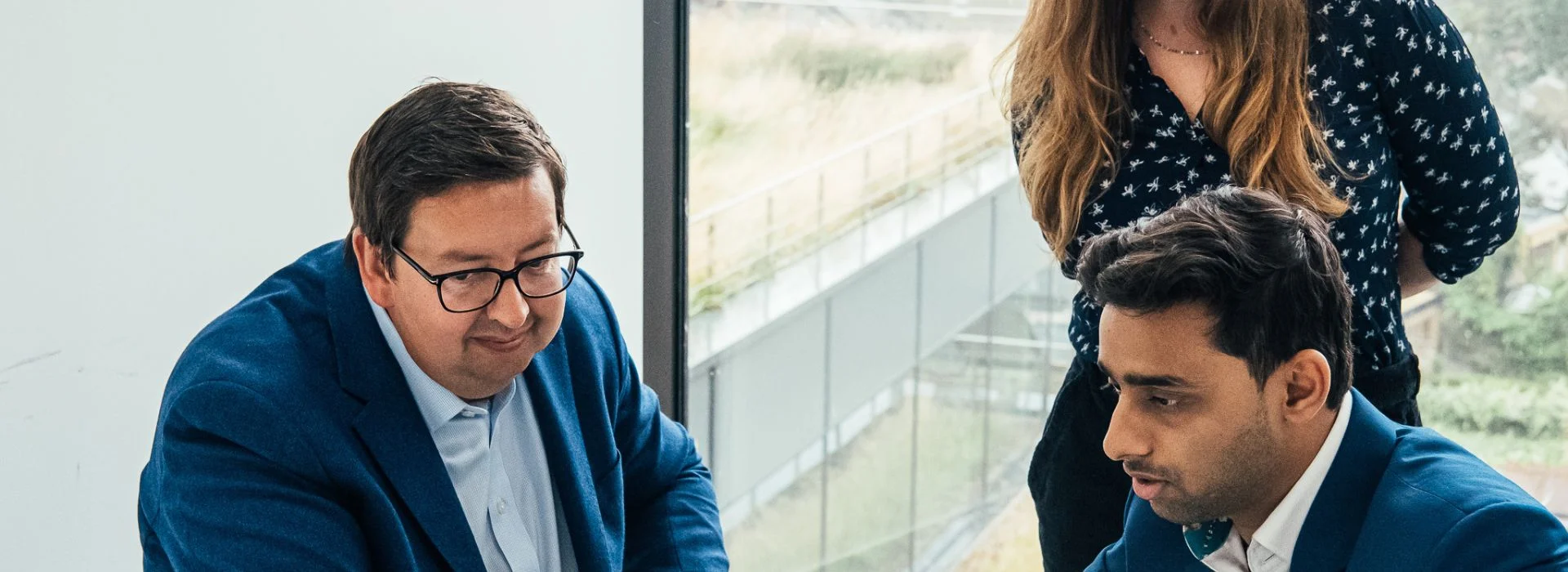Written by Allison Ford-Langstaff (FCIPS), our Head of Sustainability and Managing Partner, who recently attended edie25. Here are the key insights she gained from the conference.
There is Hope
Climate: Professor Alan Myles from the University of Oxford emphasised that it is possible to stop global warming within 30 years, using simple geometry to explain the process. To reach net zero, we must reduce carbon intensity. This requires a global conversation on 1) incentivising industries to clean up after themselves and 2) building the capability to dispose of CO2—a revolutionary approach.
Climate Justice: Activist Tori Tsui reminded us that every action we take – no matter how small – makes a difference.
Corporate Stewardship: Douglas Lamont , CEO of Tony’s Chocolonely , exemplified corporate stewardship by highlighting Tony Chocolonely’s mission to change the chocolate industry. Doug shared that there are still some 1.5 million children employed in cocoa production in West Africa and emphasised that Tony Chocolonely’s vision is to eradicate it. They know they will compete on the shelf with their competitors, but want their impact-led sourcing model to be adopted industry-wide. Their story shows that great tasting chocolate can still be produced, with an ethical supply chain. So, paying farmers fairly? It is possible.
Key Insights
- Sustainability is not just about the planet or people; profit is crucial too. Ignoring economic resilience is perilous. This rang particularly true with us at 4C and aligns with our prosperity framework and focus on the triple bottom line.
- Greenwashing is counterproductive, obviously, but there are other red flags of which we should be aware. Legislation is coming to address greencrowding, greenlighting, greenshifting, greenlabelling, greenrinsing, and greenhushing. Consumer-led businesses must stop blaming consumers and take responsibility.
- Climate Issues: Coal, oil, natural gas and cement are the main culprits. Whilst clean, renewable energy is the future, there is an opportunity to compel fossil fuel extractors and importers via legislation to clean up their operations and find ways to dispose of the carbon dioxide their activities produce safely. Read Affordable policy which could stop fossil fuels causing global warming – report | University of Oxfordfor further scientific insights.
- Circularity Concepts: Many companies are adopting circularity concepts to do the right thing, yielding both non-financial and financial benefits across sectors like construction, consumer goods, waste management, and media. We love to see this!
- Sustainability Reporting: This will become as standard as financial reporting. Early involvement and learning through action are crucial. View gap analysis as an opportunity rather than a chore.
- Collaboration: Collaborate across supply chains and with each other. Keep learning and improving with focus.
Overall, the message was one of innovation. As Plato originally stated, “Our need will be the real creator,” reminding us that necessity is the mother of invention.
GET IN TOUCH WITH OUR TEAM TODAY
If you’re inspired by the discussions at Edie25 and want to take your sustainability efforts to the next level, speak to our team about our comprehensive sustainability services. Together, we can make a significant impact for the good of people and the planet.
Reach out to Allison Ford-Langstaff (FCIPS), Kelly Archer, Vikrant Sood, Daniel Walsh, Rowena Mockridge, and Matthew Snudden.








